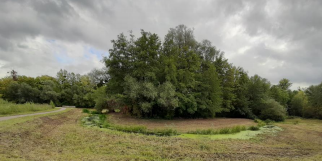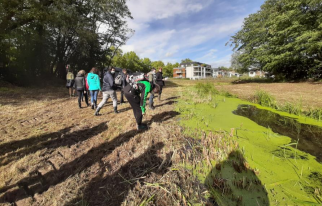General description and objectives (September to January - level Master 2)
Since 2005, environmental concerns have accelerated the recruitment of professionals in the fields of ecology and the environment.
The specialisation in ecology/ecological engineering (3A), developed in 2020 at ENGEES, aims at mastering a wide range of skills necessary to meet the current demand. This semester covers both aquatic environments (freshwater) and the terrestrial environments associated with them. The objective is to offer students the opportunity to acquire know-how in ecological engineering, restoration of environments, management and conservation of natural areas, community ecology and land use planning in connection with the Green and Blue Belt competence.
The teaching team also promotes a strengthening of cross-disciplinary skills leading to professional know-how in this field: convincing, arguing and taking a critical look. The acquisition of this knowledge/skills thus builds a versatile and sought-after profile combining skills in the professional field of water and ecology.
One of the strengths of this thematic semester lies in its vision on different scales:
- Large scale: geography, landscapes
- Very small scale: the bed of a river (precise calculations in a very short time)
Coordinator : STAENTZEL Cybill



